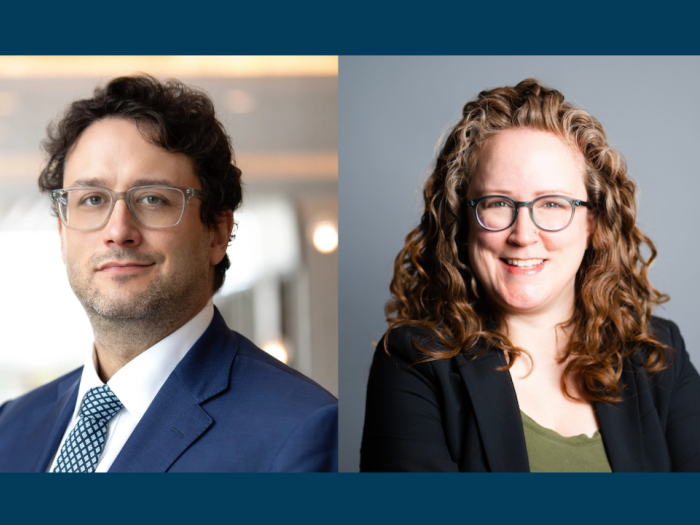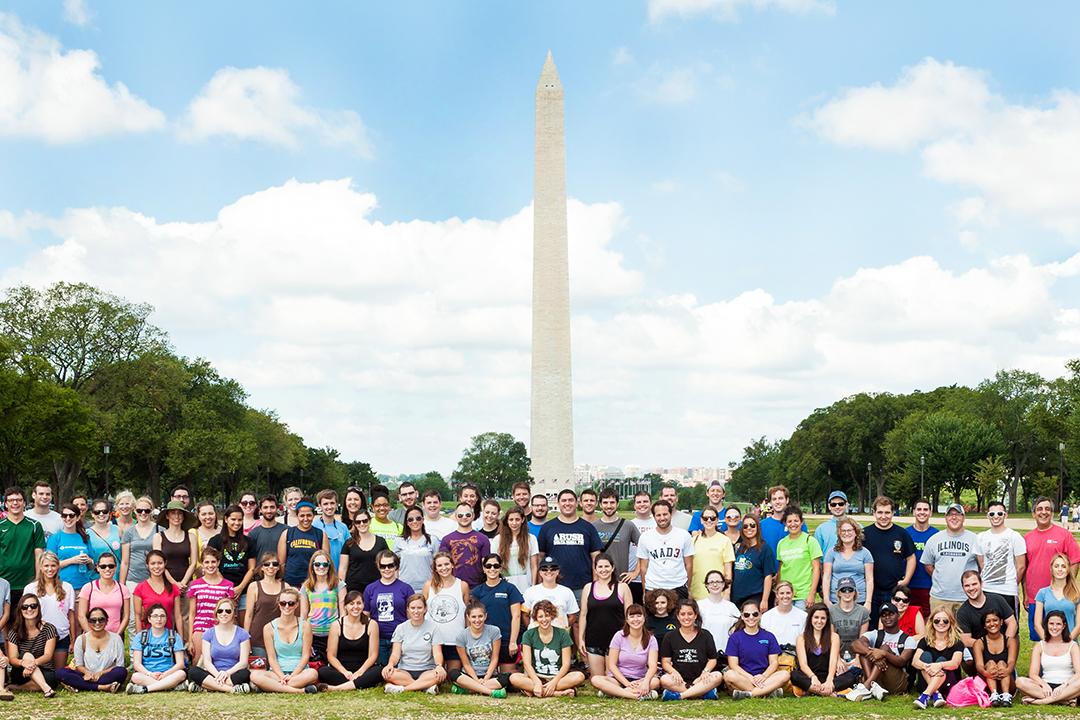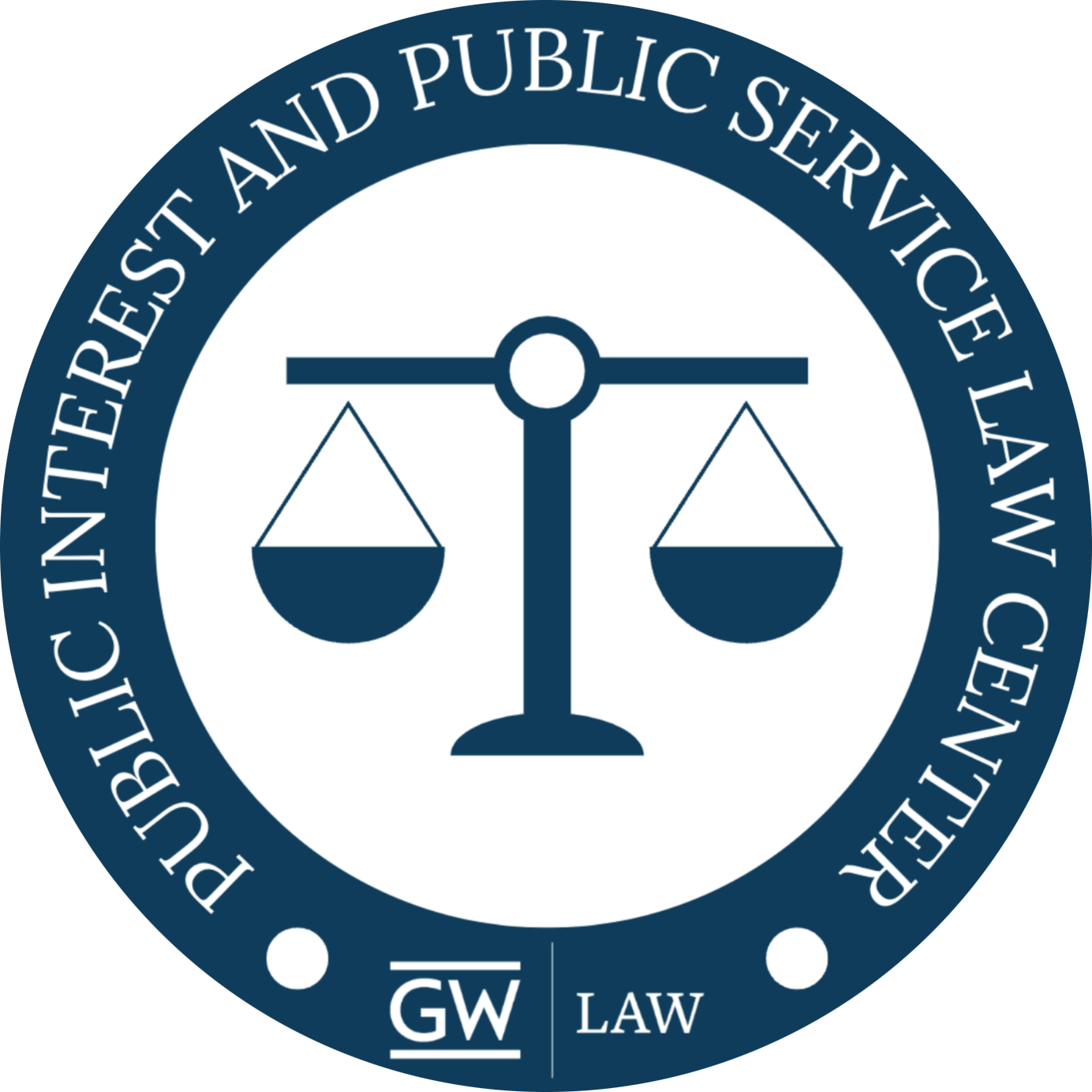The Public Interest and Public Service Law Center
The Center and Its Mission
One of the central missions of the George Washington University Law School is to equip students to shape solutions to the pressing challenges of our times. The law school does this by supporting students’ academic, experiential, and professional development, which enables students to envision and plan for public interest careers. At the apex of this effort is the Public Interest and Public Service Law Center, whose mission is to equip the next generation of leaders committed to serving people and advancing the public good.
The Center is led by Alan B. Morrison, the Lerner Family Associate Dean for Public Interest and Public Service, and it is supported by the Center’s Program Manager, Anapaula Pérez-Gaitan, and the Public Interest Advisory Council.
The GW Law Community looks forward to building a comprehensive, full-service Center to encourage, support, and equip students interested in taking advantage of our location in the nation’s capital, our rich legacy of public service, and the deep expertise of our alumni, faculty, and staff to enter fulfilling careers serving the public, whether in not-for-profit organizations, in government, or by providing pro bono assistance to those who cannot afford a lawyer.
News

Student Spotlight: Ujwala Murthy Shares Her Experience in the Public Interest Program
January 13, 2026
Ujwala Murthy, JD '27, decided to go to law school to make a difference in her clients' lives. In this Q&A, she shares her experience in public interest at GW.

GW Law Student Selected for Skadden Fellowship
December 16, 2025
David Boord was selected for the two-year Skadden Fellowship. He'll work for the ACLU of Alaska on a project to advance housing rights for rural Alaskans.

GW Law Welcomes Fall 2025 Richey Fellows
Mark Samburg and Bridget Geraghty Will Share Their Expertise with Students This Semester
October 20, 2025
GW Law is proud to welcome two Richey Fellows—Mark Samburg and Bridget Geraghty—to campus this fall.
















